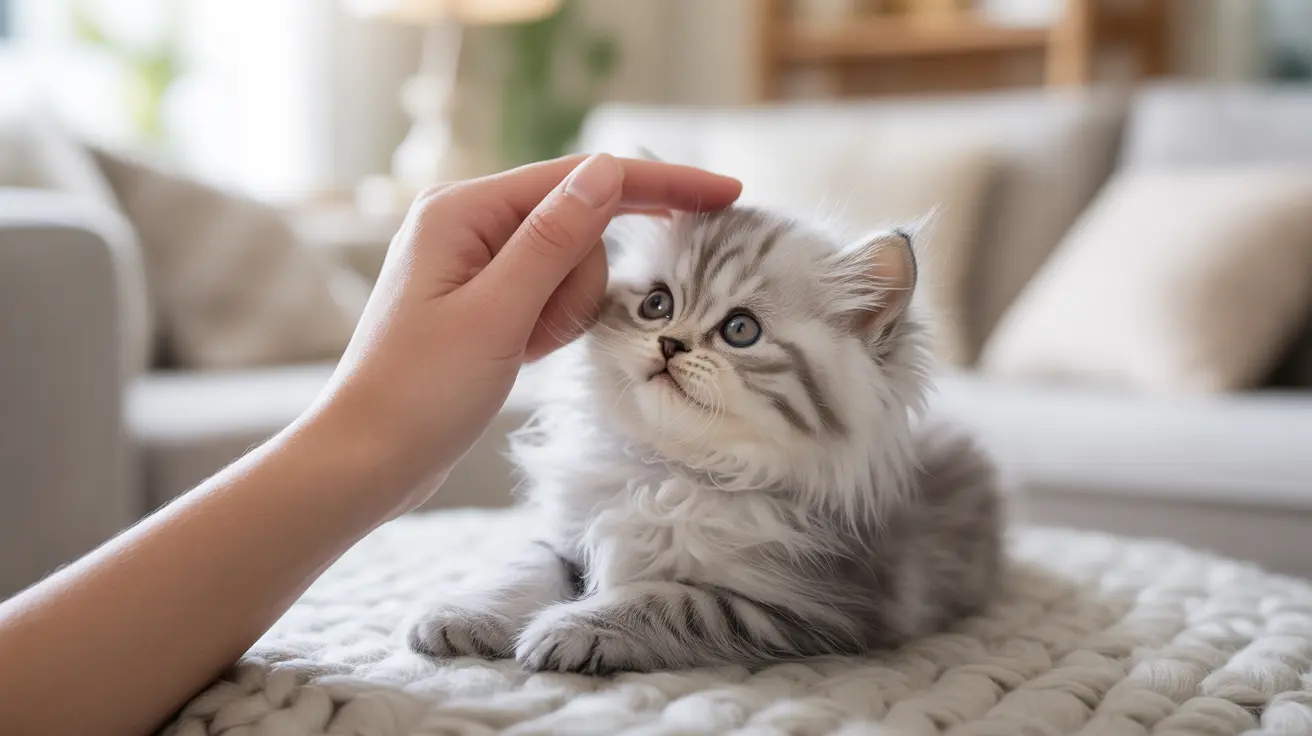Bringing home a newborn kitten is both an exciting and challenging experience. These tiny, vulnerable creatures require specialized care and attention to ensure their survival and healthy development. Whether you're caring for orphaned kittens or supporting a mother cat, understanding the critical needs of 1-day-old kittens is essential for their well-being.
In this comprehensive guide, we'll walk you through everything you need to know about nurturing newborn kittens, from feeding and temperature control to hygiene and health monitoring.
Feeding Your 1-Day-Old Kitten
Proper nutrition is the most critical aspect of caring for newborn kittens. At just one day old, these tiny creatures have extremely delicate nutritional requirements that must be met with precision and care.
Feeding Frequency and Technique
Newborn kittens require frequent feeding, typically every 2-3 hours, including overnight. If the mother cat is not present, you'll need to use a kitten-specific formula and a specialized nursing bottle. Never use cow's milk, as it lacks the necessary nutrients and can cause digestive issues.
Proper Feeding Position
When feeding, position the kitten on its stomach, mimicking the natural nursing posture. Hold the bottle at a slight angle to prevent air intake, which can cause uncomfortable gas. Gentle encouragement, such as stroking the kitten's forehead, can help stimulate feeding if they seem hesitant.
Maintaining Optimal Temperature and Environment
Newborn kittens are incredibly vulnerable to temperature changes and cannot regulate their own body heat. Creating a safe, warm environment is crucial for their survival and comfort.
Creating a Warm Nest
Use a heating pad completely covered by a soft blanket or towel to create a temperature-controlled space. Maintain an ambient temperature of around 90°F for motherless kittens. Importantly, ensure the kittens can move away from the heat source if they become too warm.
Bathroom and Elimination Support
Unlike adult cats, newborn kittens cannot eliminate waste independently. You'll need to provide gentle stimulation to help them urinate and defecate.
Stimulation Techniques
After each feeding, use a warm, soft cotton ball or washcloth to gently rub the kitten's genital and anal area. This mimics the mother cat's grooming and helps stimulate elimination. The process typically takes less than a minute and should be done carefully and consistently.
Health Monitoring and Growth Tracking
Close observation is key to ensuring your newborn kitten's health and development. Daily weight monitoring provides crucial insights into their growth and overall well-being.
Weight and Development Tracking
Weigh your kitten at the same time each day using a digital scale. Healthy kittens should gain approximately 10-15 grams daily. Any significant weight loss or lack of gain could indicate potential health issues and may require immediate veterinary attention.
Hygiene and Cleaning Considerations
Maintaining cleanliness is vital for newborn kittens, but traditional bathing methods are inappropriate for such young animals.
Gentle Cleaning Techniques
Never submerge a newborn kitten in water. Instead, use a warm, damp washcloth to gently clean specific areas after feeding. If using a hair dryer for drying, always use the lowest heat setting and maintain a safe distance to prevent burns.
Frequently Asked Questions
How do I feed a 1-day-old newborn kitten if the mother is not present?
Use a kitten-specific formula and a specialized nursing bottle. Feed every 2-3 hours, holding the kitten in a natural nursing position and allowing them to suckle at their own pace.
Why is it important to keep newborn kittens warm, and how do I prevent them from getting chilled?
Newborn kittens cannot regulate their body temperature. Create a warm environment using a heating pad covered with a blanket, maintaining temperatures around 90°F, and ensure they can move away from direct heat if needed.
How often should I stimulate a newborn kitten to urinate and defecate, and what is the best method?
Stimulate elimination after each feeding using a warm, soft cotton ball or washcloth. Gently rub the kitten's genital and anal area until they urinate or defecate, which typically takes less than a minute.
What are the signs of healthy growth in newborn kittens, and why is daily weighing important?
Healthy kittens should gain 10-15 grams daily. Daily weighing helps track development and quickly identifies potential health issues that might require veterinary intervention.
How do I properly clean and care for a newborn kitten's hygiene needs without submerging them in water?
Use a warm, damp washcloth to gently clean specific areas. Avoid full water submersion. Dry carefully with a towel, and use a hair dryer on the lowest setting if needed, maintaining a safe distance.






